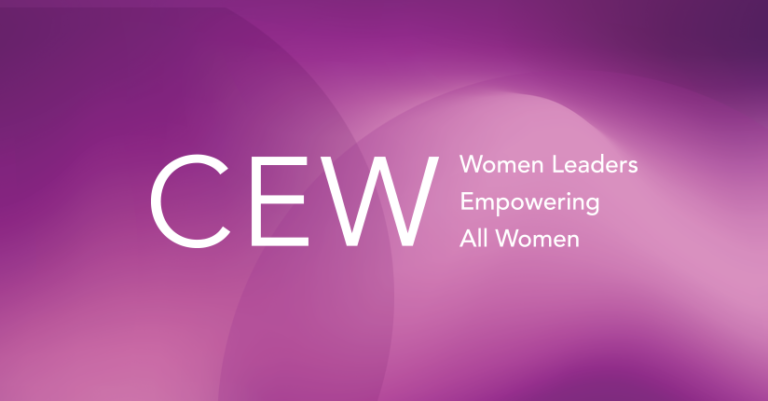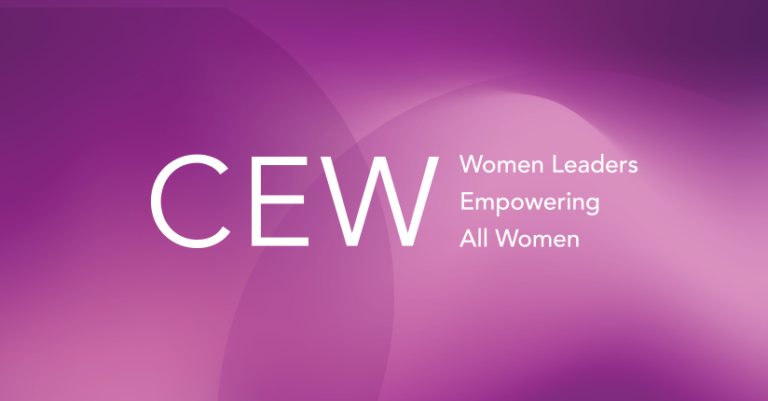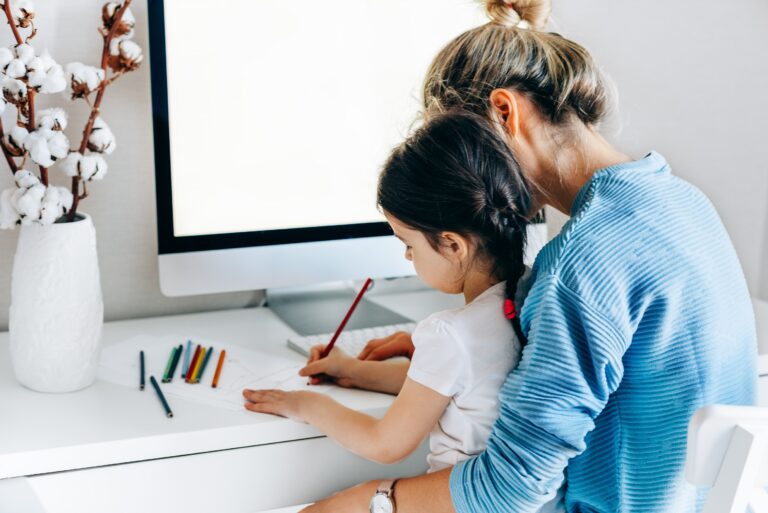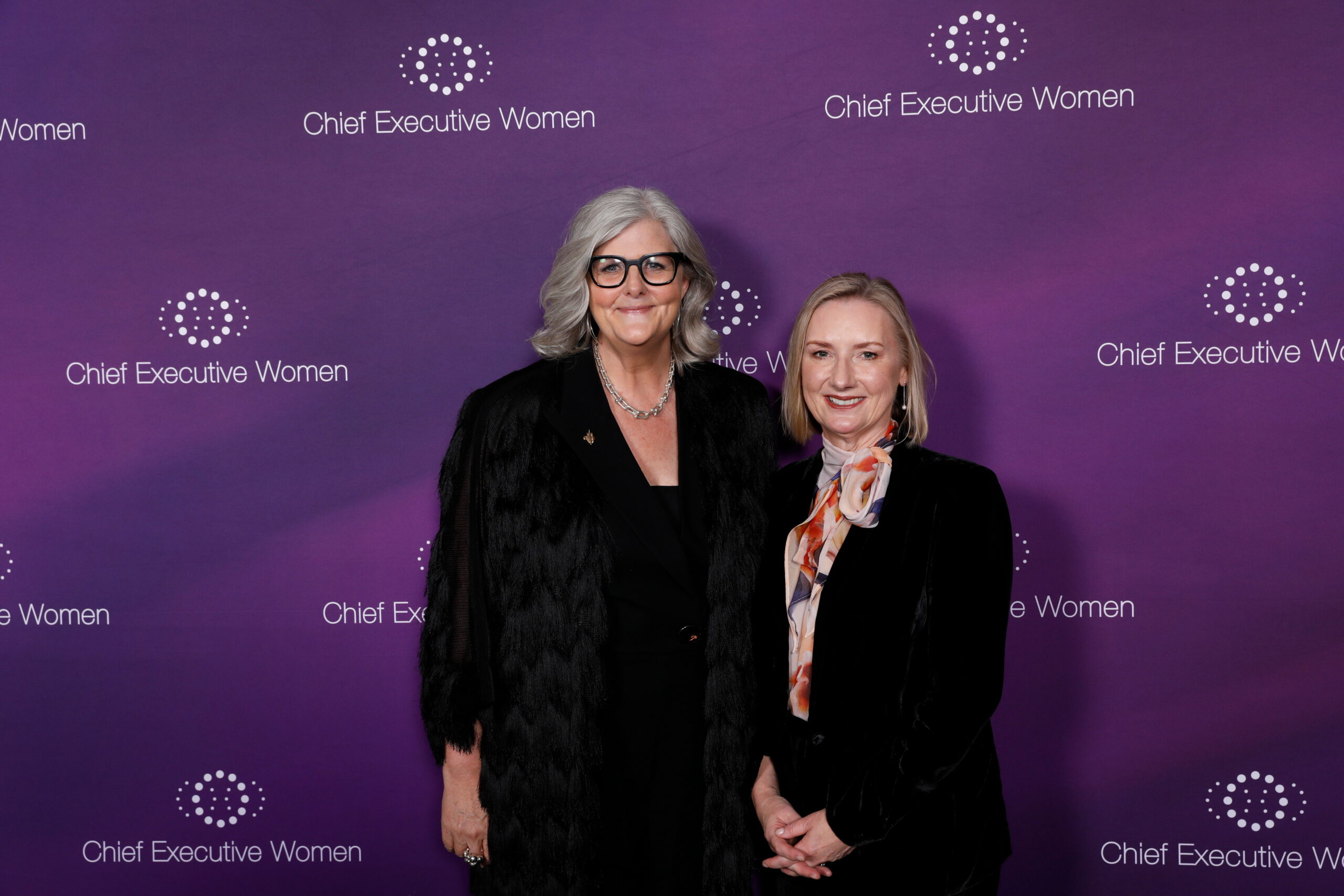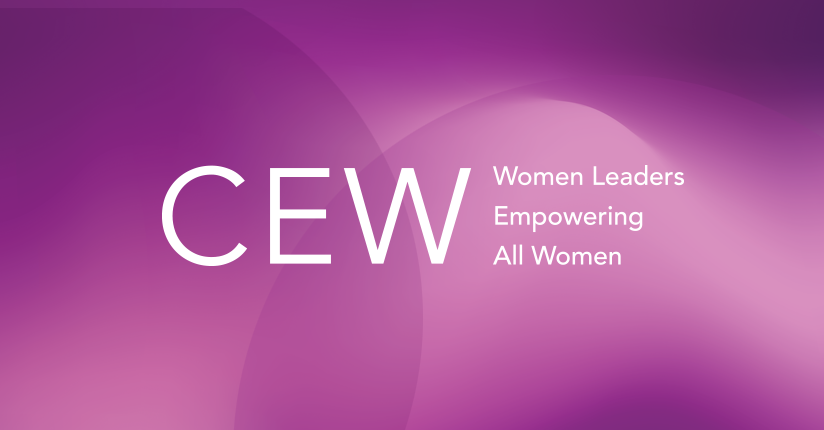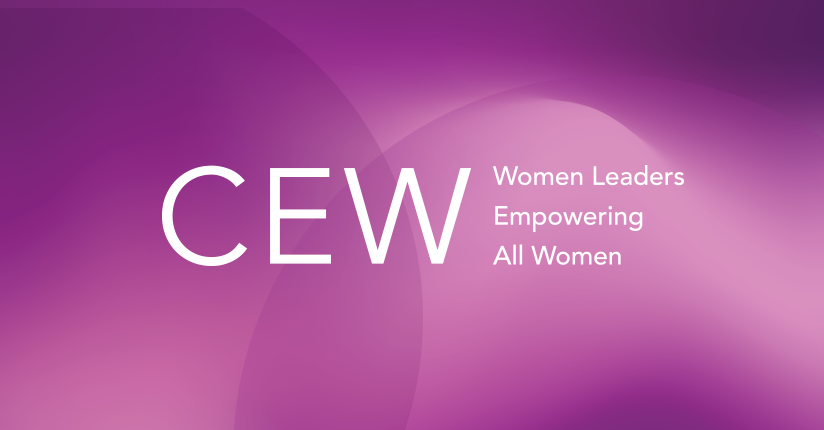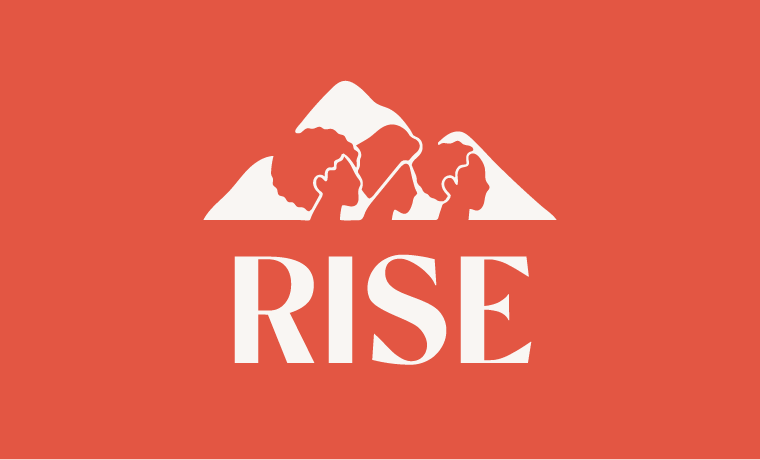As an organisation Chief Executive Women is focussed on women in leadership. We know that women are still under-represented in senior management and in government – in fact, in most of the places business, economic (and health) decisions are made. In 2019, amongst Australia’s ASX200 companies just 6% of CEOs are women. In line management teams women held management of just 13% of the divisions responsible for profit and loss, and business strategy. Just 16% of Chief Financial Officers were women holding the purse strings of our biggest companies.
What does this have to do with COVID-19?
The flip side of the under-representation of women in senior executive and decision-making roles is that women are over-represented in part time work, so called ‘support roles’ and caring roles. Women are also more likely to be employed in casual jobs than men – roles which do not have paid leave entitlements. These roles are most vulnerable during uncertain economic times.
Women represent 68% of the part-time workforce. For some this is choice, for many it’s the reality of trying to balance family and other caring responsibilities, the desire to work and continue a career, and the economic reality of men still being paid, on average, more than women. The gender pay gap starts on day one of employment and continues throughout a woman’s working life. When the time comes for a family to make decisions about who takes ‘primary’ responsibility for caring it’s usually the lesser-paid partner (mostly a woman) who steps into that important role.
Women are also more strongly represented in ‘support’ or ‘functional’ roles. We see this in ASX200 companies in roles like marketing, legal counsel, and risk management, where 36% of roles are filled by women, compared to those decision making ‘line’ roles where just 13% are held by women.
One of the few sectors of our economy where women are strongly represented is health. Almost 80% of the total health care and social assistance workforce is female, according to the ABS. These are our nurses, midwives and aged care workers, to name a few. Add to that the fact that women on average do twice as much unpaid care work as men, and you begin to see a picture of a health care system heavily dependent on women.
Which brings us back to the unfolding coronavirus crisis.
It’s becoming very clear that the Australian economy will take a significant and extended hit. The Commonwealth Government has taken pre-emptive steps, including targeting support at people most in need. That’s to be applauded. On a day-to-day, organisation-by-organisation basis the impact is unfolding daily. Some organisations are already struggling to deal with unprecedented changes to their operating environment. We will see continued unpredictability in demand and supply. And we are seeing some organisations downsizing, laying off staff or simply not needing as many shift workers as they have on their books.
The ugly reality of the current characteristics of ‘women’s work’ means women are more likely to feel the immediate impact of any changes to workforce make up. Part-time jobs are less valued by society, and therefore by employers. Likewise, ‘support roles’ are less valued. Both are being reduced or made redundant. With older people and children needing care, it’s likely more women will be taking on this responsibility. The significant contraction of the economy means it’s likely women will feel the brunt first.
Uneven impact alone is cause for concern. When we emerge from these strange days and women have carried an unequal burden, they will be even further behind than they are today. Women will have been out of the workforce, and out of career paths. They will have again been typecast into ‘support’ roles. Two steps forward, one (or more) steps back.
Nobody told us there’d be days like these.
Maybe that’s true of COVID-19 specifically, but the uneven distribution of working and caring has been with us for many years. We would rather see a world where women and men have equal economic and social choices, and responsibilities. If there’s an upside to remote working, this may be a chance to reconsider who takes responsibility for what in the home. A more equal distribution of care at home will mean men are closer to their children, and women have a greater chance to pursue careers, should they choose to do so. There must be some positives to emerge from this very challenging time.
As a community, as a country that believes deeply in a ‘fair go’ and looking after our mates, let’s take a moment to consider the Australia we’d like to see when we emerge from these unsettling times.


